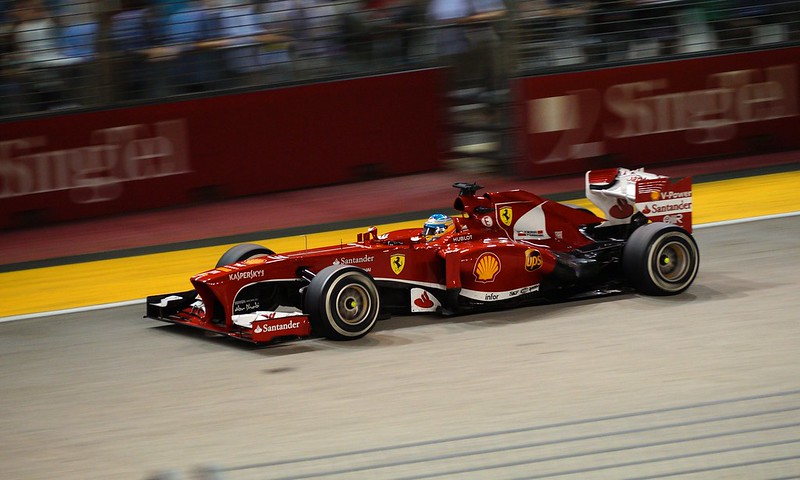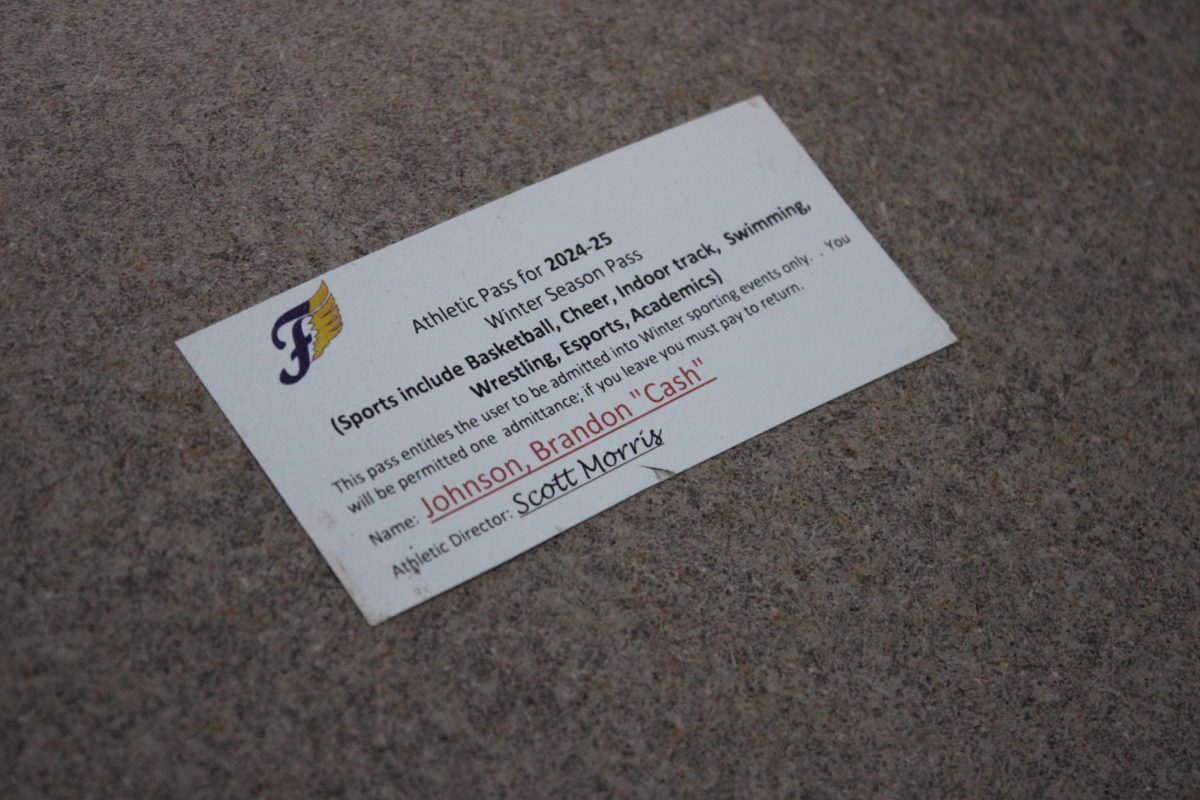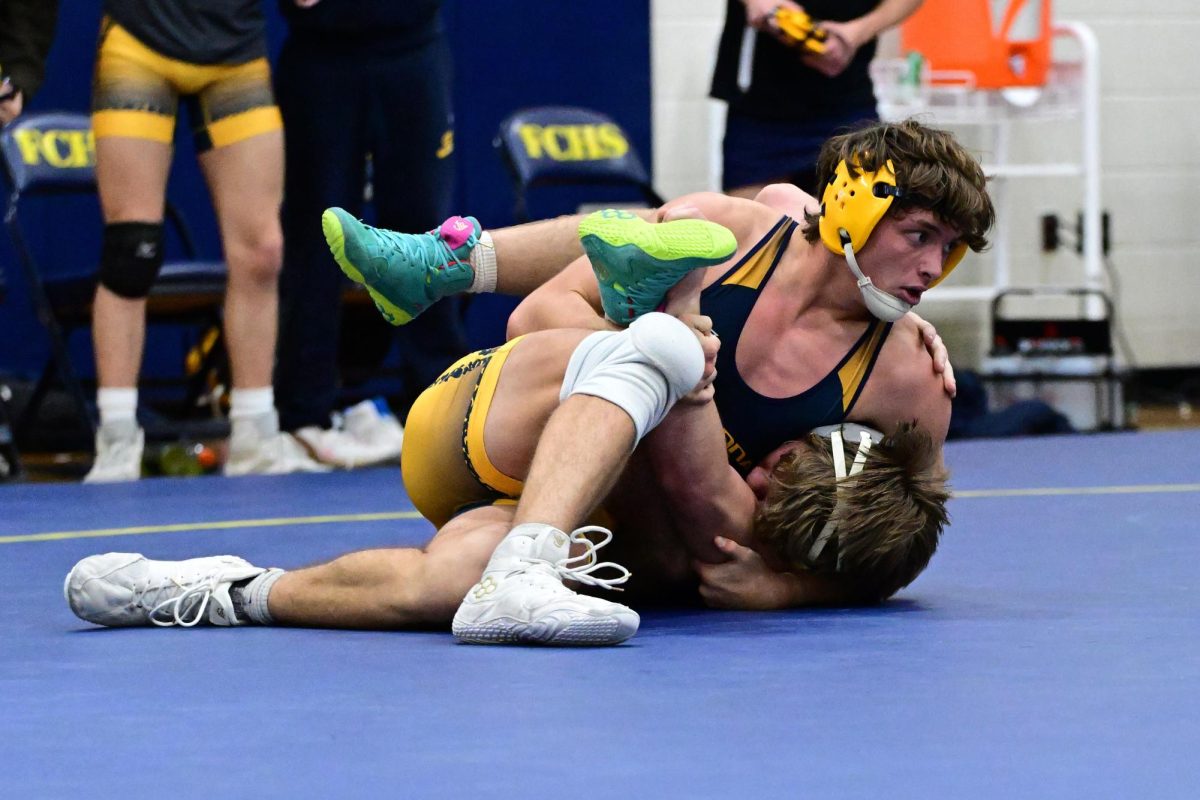After Formula 1 (F1) wrapped up its Singapore Grand Prix (a type of high-competition race) on Sept. 22, the president of the Fédération Internationale de l’Automobile (FIA), F1’s governing body issued a statement regarding the racers’ ongoing usage of profanity during races.
“We’re not rappers, you know. They say the f-word how many times per minute? We are not on that. That’s them and we are [us],” said FIA President Mohammed Ben Sulayem.
Ben Sulayem’s statements regarding the drivers’ language raise an interesting question: Should profanity be allowed in sporting events? He argued against its permission, stating that F1 teams should be “responsible people” by minding their language. Understandably, Ben Sulayem wants to uphold the prestige associated with Formula 1 and continue the status of its drivers being role models for its younger audience.
But how do the drivers feel about this? Many have resisted this decision, some even publicly attacking Ben Sulayem’s policy. Max Verstappen, a driver for Team Red Bull Racing, was required to do community service after the Singapore GP due to his profanity during the race and in the F1 press panel. Verstappen’s rival, Lewis Hamilton, Team Mercedes-AMG Petronas driver, stood up for him and asserted that Ben Sulayem’s initial statement, which referenced rappers, had a racial element to it.
Some FCHS F1 fans have also expressed frustrations with Ben Sulayem’s decision.
“The FIA has failed F1 and its drivers. It is ridiculous that such a rule is being placed on Verstappen; cursing provides a stress release for athletes,” said FCHS senior Jay Bridges, a fan of the motorsport.
Many professional sports, like baseball, golf, tennis, and soccer prohibit foul language in order to maintain professionalism, good sportsmanship, and a family-friendly environment. However, other professional sports, like basketball, American football, and hockey allow cursing to some extent. With such a varying approach to profanity among the many leagues of professional sports, how do we definitively answer the question of whether profanity should be allowed in professional sports?
Having leniency over the language they use allows players to freely express themselves in the heat of the moment. For some, it may even be a cultural norm. Imagine you are a participant in your favorite sport, running down a field with blurry eyes not knowing who could be in your path as you try to score a goal or touchdown. If you’re into motorsports, imagine the blistering heat of being in the car and having to navigate a complex track with razor-sharp reaction time. These scenarios are endured by virtually all professional athletes, so when something goes wrong, who are we to deny them the ability to express themselves in a way they know best?
“Cussing in sports practice can be a way to release frustration and push through challenges, helping you refocus and find that extra edge when the pressure is on,” said FCHS junior and student-athlete Johnny Thompson. “It can be a natural expression of emotion, but it should be balanced with respect for the game, teammates, and opponents to maintain a healthy competitive environment,” he added.
Pro athletes are adults and can handle themselves. If their cursing drives away sponsors or fans, then they can recalibrate their behavior accordingly. Forcing regulations over their speech can feel pedantic and restrictive for these athletes, who already exhaust themselves for our entertainment. However, it should also be expected that athletes mind their language and respect the sport and their peers, including opposing teams. This is especially true for high school and college sports.
“As a spectator, [cursing] doesn’t detract from my experience watching sports. However, as a coach, I do not allow my athletes to use foul language. I don’t think it’s a thing that should be heavily used. It’s not appropriate in a school setting,” said FCHS Head Football Coach Mitchell Pace
Regardless of the amount of f-bombs being dropped on the field or track, it appears that viewers are generally unaffected by things like foul language from athletes. Of course, there are always exceptions, and athletes, professional or not, should be aware of the environment they’re in and the potential consequences of casual profanity. The conclusion that league presidents and governing bodies should reach, like Ben Sulayem and the FIA, is that the prestige of their respective sports will go unharmed despite their athletes’ colorful language. Leave the individuals to bear the weight of their words instead of taking away their freedom of expression.







